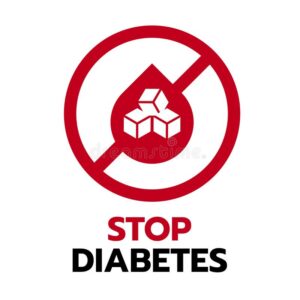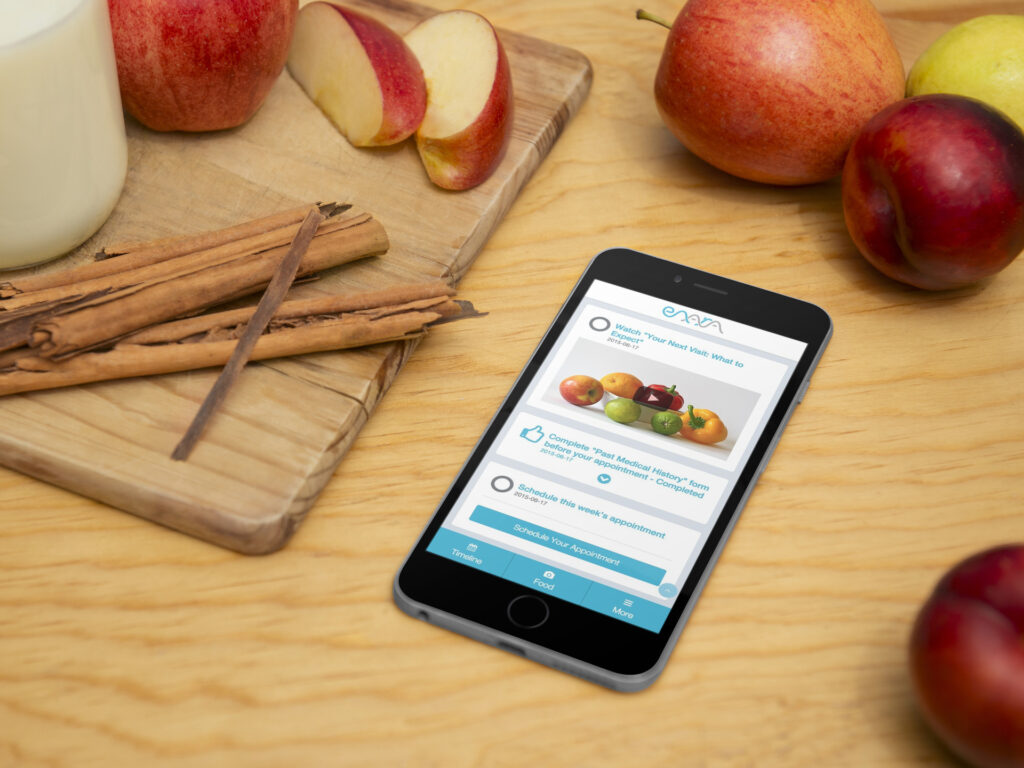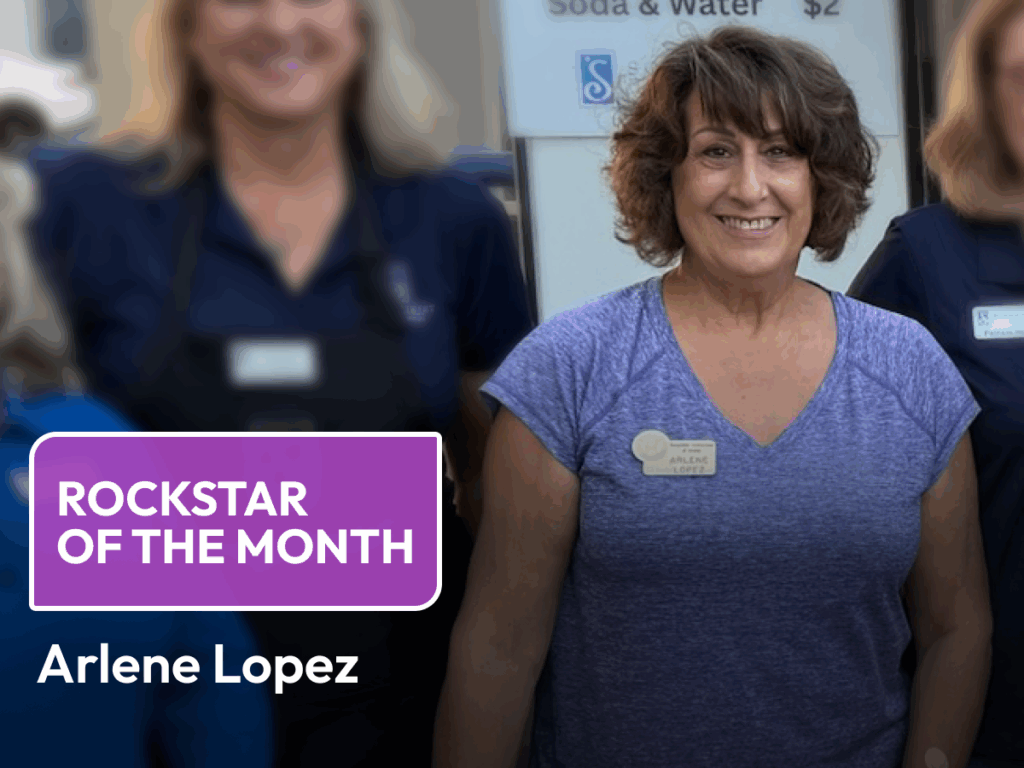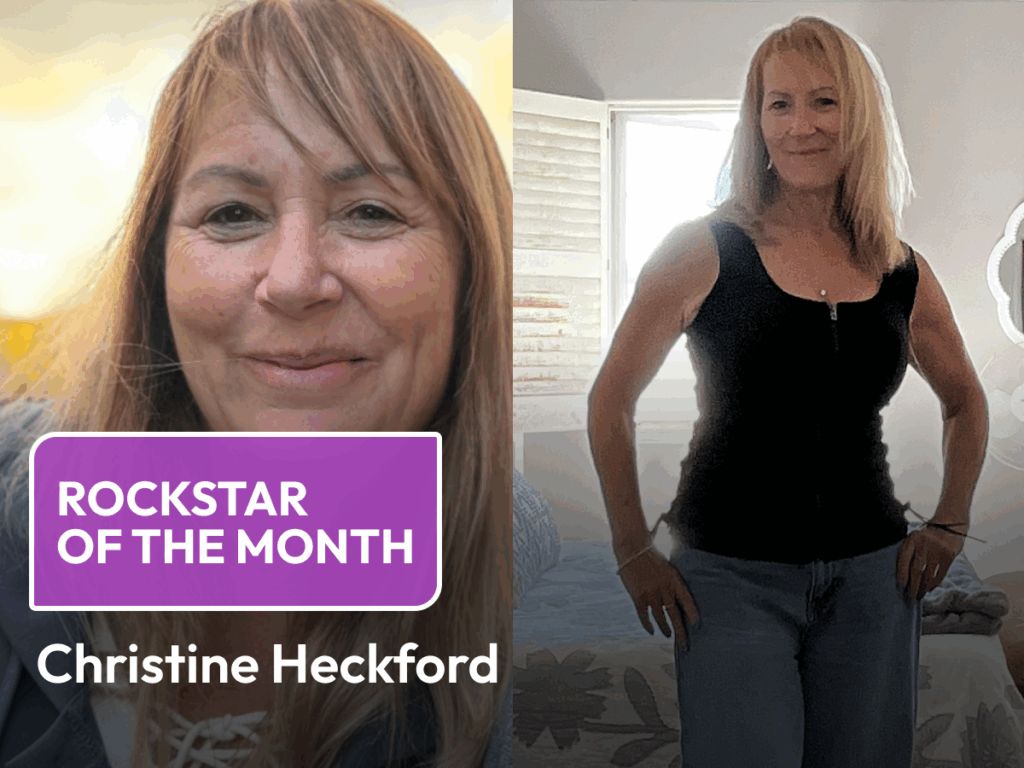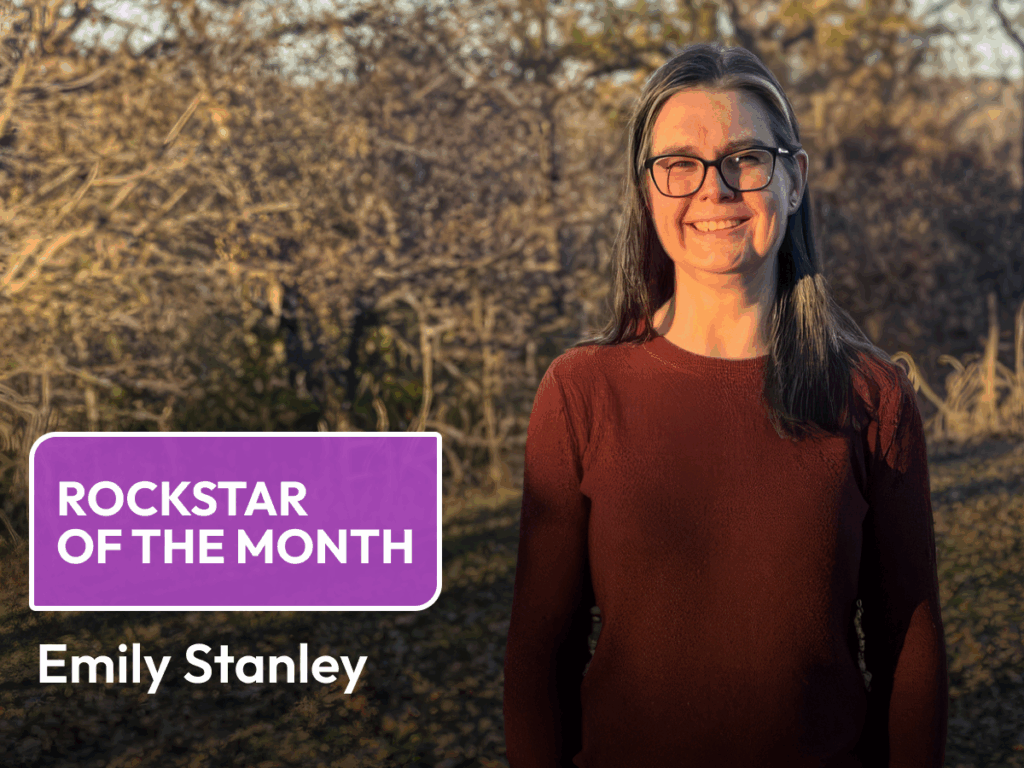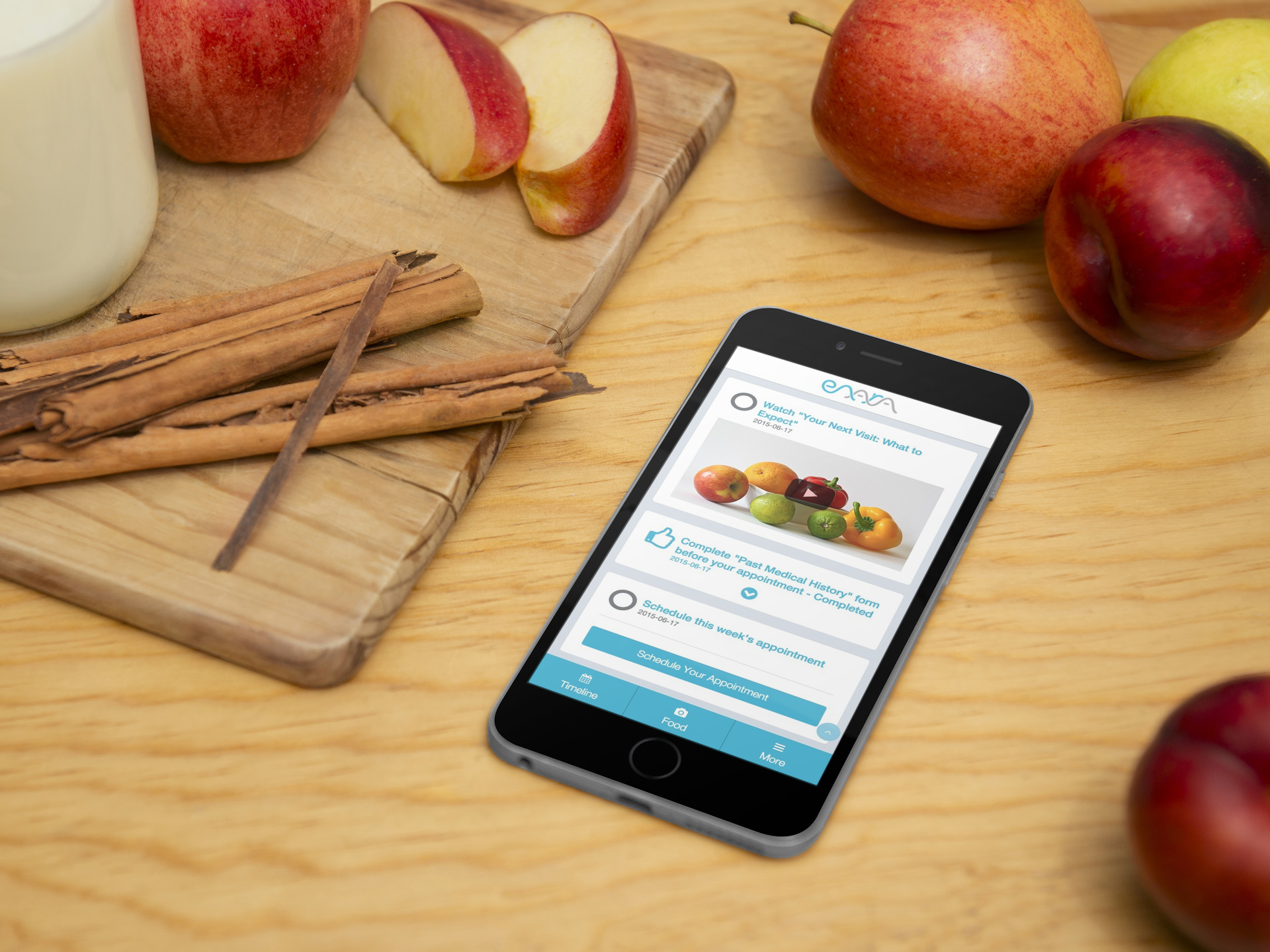
At just about every diabetes conference the question “Can you reverse type 2 diabetes?” initiates a conversation. Here’s what we are often reminded and agree on: Type 2 diabetes is a progressive disease often preceded by years of elevated blood sugar levels high enough to be diagnosed as prediabetes. At the time most people are diagnosed, experts believe they’ve been on this path for 5-10 years and have lost more than half of their natural insulin-making capability in the beta cells of their pancreas. Sounds like gloom and doom right? Wrong.
While we cannot undo the events (lifestyle and genetic) that paved this pathway there is the ability to put type 2 diabetes into remission. How does this happen? Is there a magical food, pill or class to attend? Like anything meaningful that we choose to undertake it takes evidence-based knowledge, conviction and a belief that health and quality of life (and their preservation) are the most precious gifts we have. That is the mental attitude to begin with and then here are specifics on how to take action: Lose weight and start moving. You’ve heard this message before. It is not sexy and often it is not easy but let’s first look at the evidence and then let an Enara patient tell you his story.
Major research findings offer hope: The Diabetes Prevention Program (DPP)
The Diabetes Prevention Program (DPP) was a major multicenter clinical research study aimed at discovering whether modest weight loss through dietary changes and increased physical activity or treatment with the oral diabetes drug metformin (Glucophage) could prevent or delay the onset of type 2 diabetes in study participants. At the beginning of the DPP, participants were all overweight and had blood sugar levels higher than normal but not high enough for a diagnosis of diabetes. They had prediabetes.
The DPP found that participants who lost a modest amount of weight through dietary changes and increased physical activity sharply reduced their chances of developing diabetes. Taking metformin also reduced risk, although less dramatically.
How much weight did they lose and what else did they do?: The DPP showed that people who were involved in the lifestyle group and lost about 7% of their initial weight and kept off some of that weight, initiated exercise, and engaged in support delayed the onset of type 2 diabetes by nearly 60% at the end of the three-year phase of the study. After 10 years, those in the original lifestyle group continued to reduce their progression to type 2 diabetes the most – about 35% – and those in the initial metformin group saw about a 20% reduction versus standard care.
At the 2014 American Diabetes Association annual meeting, 15-year data from the ongoing follow-up study to the DPP, the DPP Outcomes Study, was revealed. This showed a continued reduction in the onset of type 2 diabetes. The original lifestyle group had a 27% greater reduction and the metformin group a 17% reduction versus standard care.
The conclusions: It appears that losing weight and keeping off as much of it as possible over the years is the main predictor of slowing disease progression. People who lost the most weight had the best chance of preventing type 2 diabetes. With every 2.2 pounds lost, people reduced the progression to type 2 diabetes by 16%. They experienced other benefits, too, including lower blood pressure and improved cholesterol levels, while taking less medication to control them.
Think big in terms of health gains and start small: Many research studies suggest setting a goal of losing 5-7% of your starting weight to lower blood sugar and improve other health measures, with the ultimate goal being to keep the pounds off.
An Enara Success Story, the beginning: Here is a very exciting and motivating success story we would like to share with you. Beginning in mid-April we began a health journey with a client who found out he had type 2 diabetes at an annual physical. And it was not “borderline” diabetes – in fact we don’t use that word any longer! For people with diagnosed type 2 diabetes clinicians routinely use a test called the A1C to assess diabetes status and management. The A1C test (sometimes called the hemoglobin A1C test) provides information about a person’s average levels of blood sugar over the past 3 months.
Our client’s initial A1C was 12.8%, correlating to an average daily blood sugar >300– dangerously high blood sugar levels that promote complications.
He was “mildly” overweight with a body mass index of 26 (<25 is considered more healthy), however a deeper weight analysis showed obesity with 37% body fat in his trunk. Weight that is centrally deposited in the abdominal area is more of a health risk – think apple vs. pear shape you have read about.

Results to date: In 3 months, with determination and a strong desire to treat his diabetes without medication but rather with healthy eating and exercise, our client lost 24 lbs. (12% of his initial weight) and kept exercising. Most importantly, his daily blood sugars vastly improved to levels considered normal – his A1C dropped to 6.4% (average daily blood sugars at 137 and to goal at <7%) and he decreased his risk for cardiovascular disease and other debilitating complications of type 2 diabetes. A MAJOR success story and definitely diabetes in reverse!
Patient spotlight and perspective: “I was able to reverse my diabetes because of two important factors. First were the great educational and supporting materials that I constantly received from Enara Health. The materials included two types. The part that explained, in simple terms, the bad long term effects of type 2 diabetes on the human health. The second type was the information that talked about the possibilities of reversing diabetes through a combination of diet and physical exercises. This valuable information convinced me that alternatives to medications exist and that reversing diabetes can be achieved, in some cases, without the need to take medicine.
The second most important factor that helped me in my journey was the strong will. It would have been hard to imagine even the slightest possibility of achieving the set goals, for someone like me who loves food and loves to cook, without the strong will. I was able to see improvement and results from day one. My biggest challenge was the fear of failing. Working with the outstanding team at Enara Health reassured me that success is imminent and that failure is not an option.”
If you or anyone who know or love is ready to be part of the “Stop Diabetes” movement we hope to be part of your journey!
